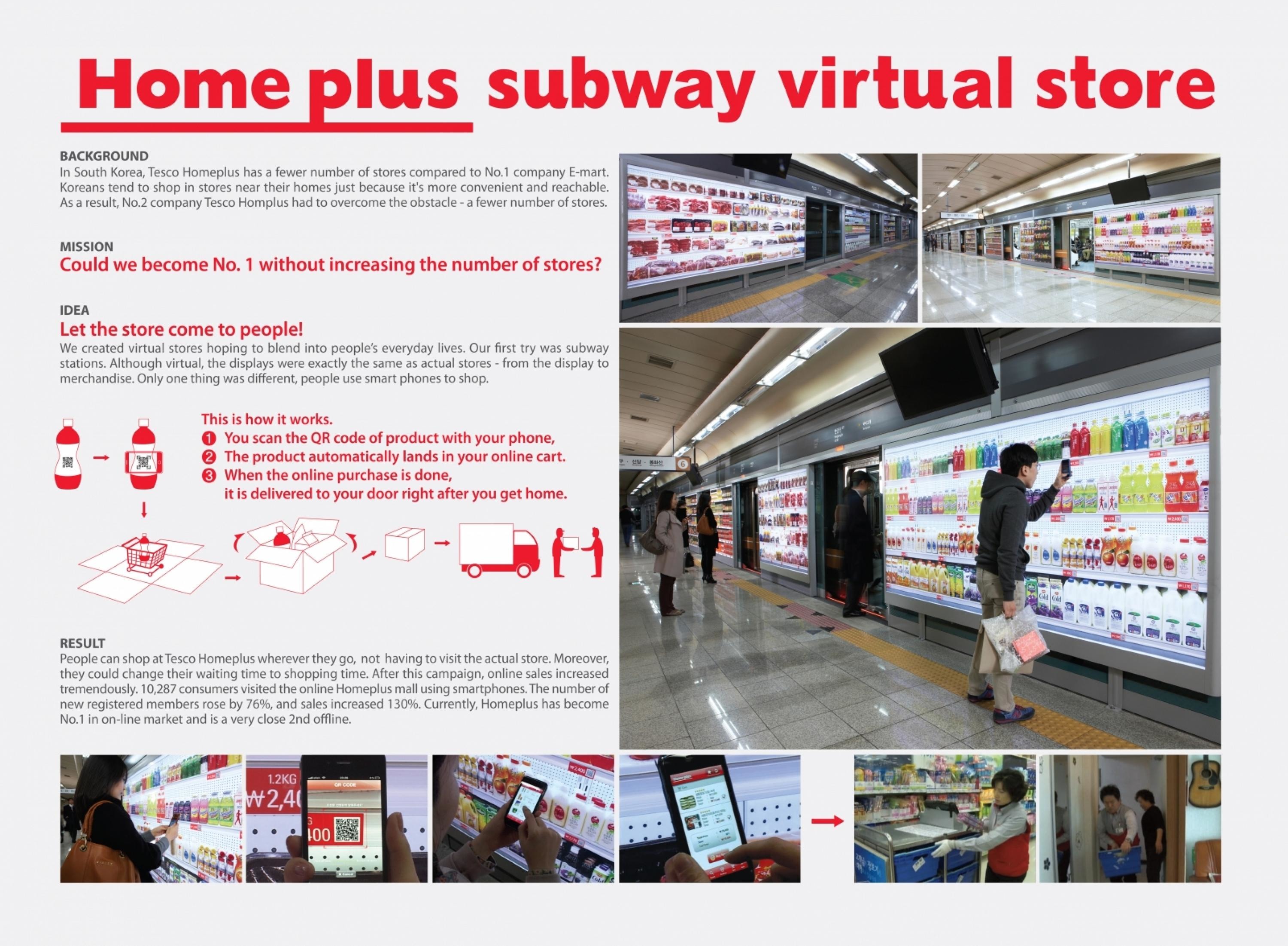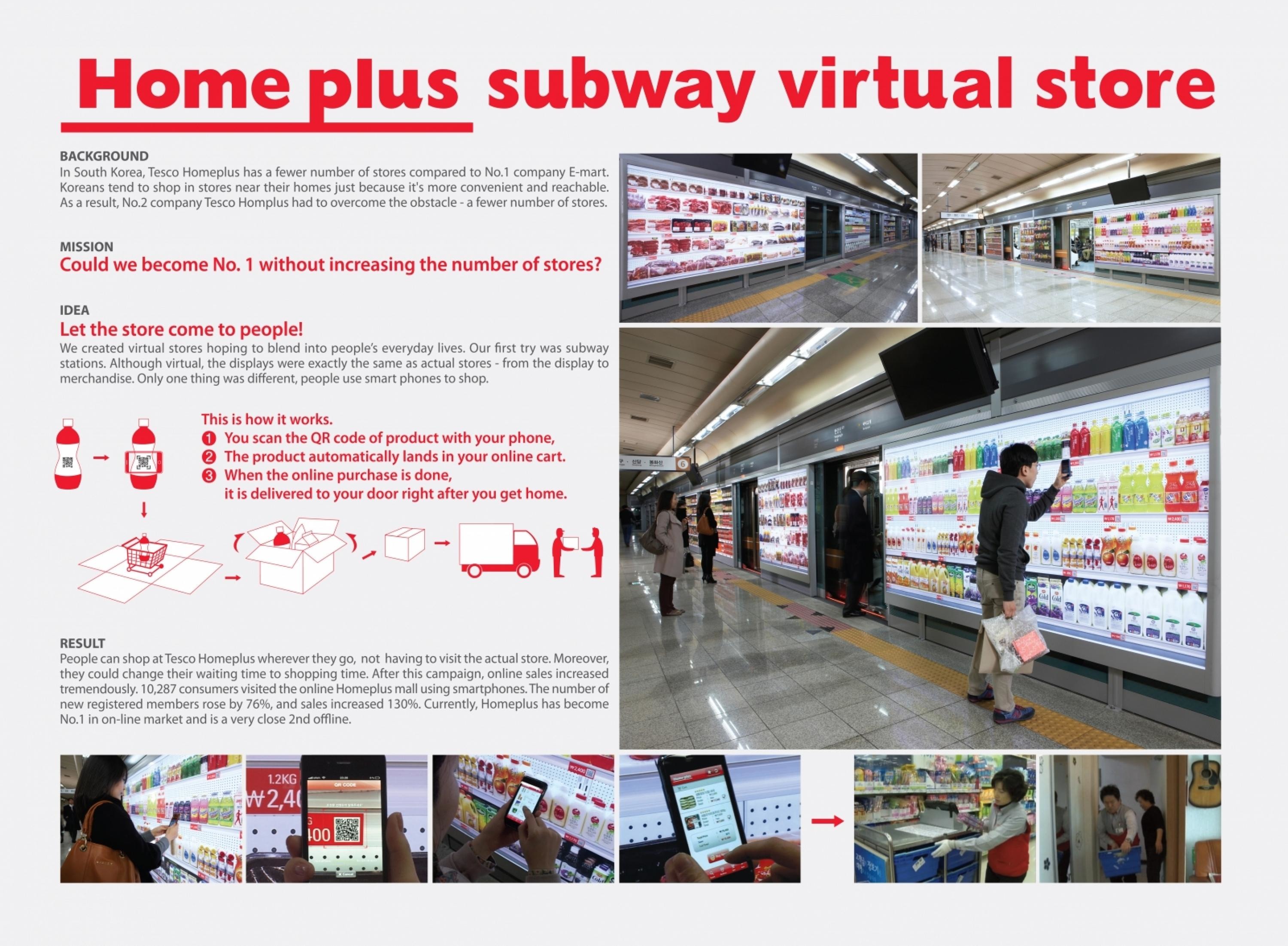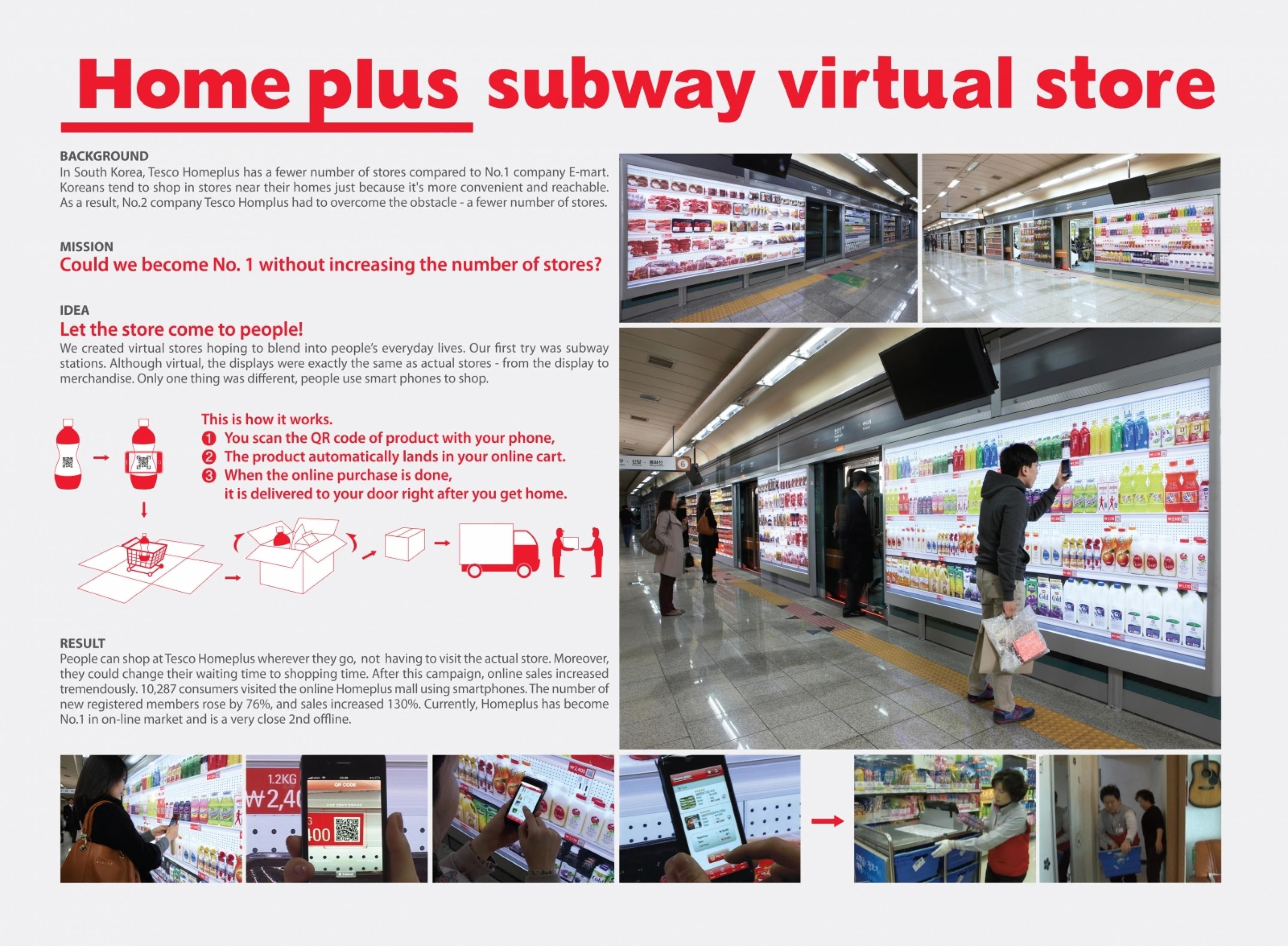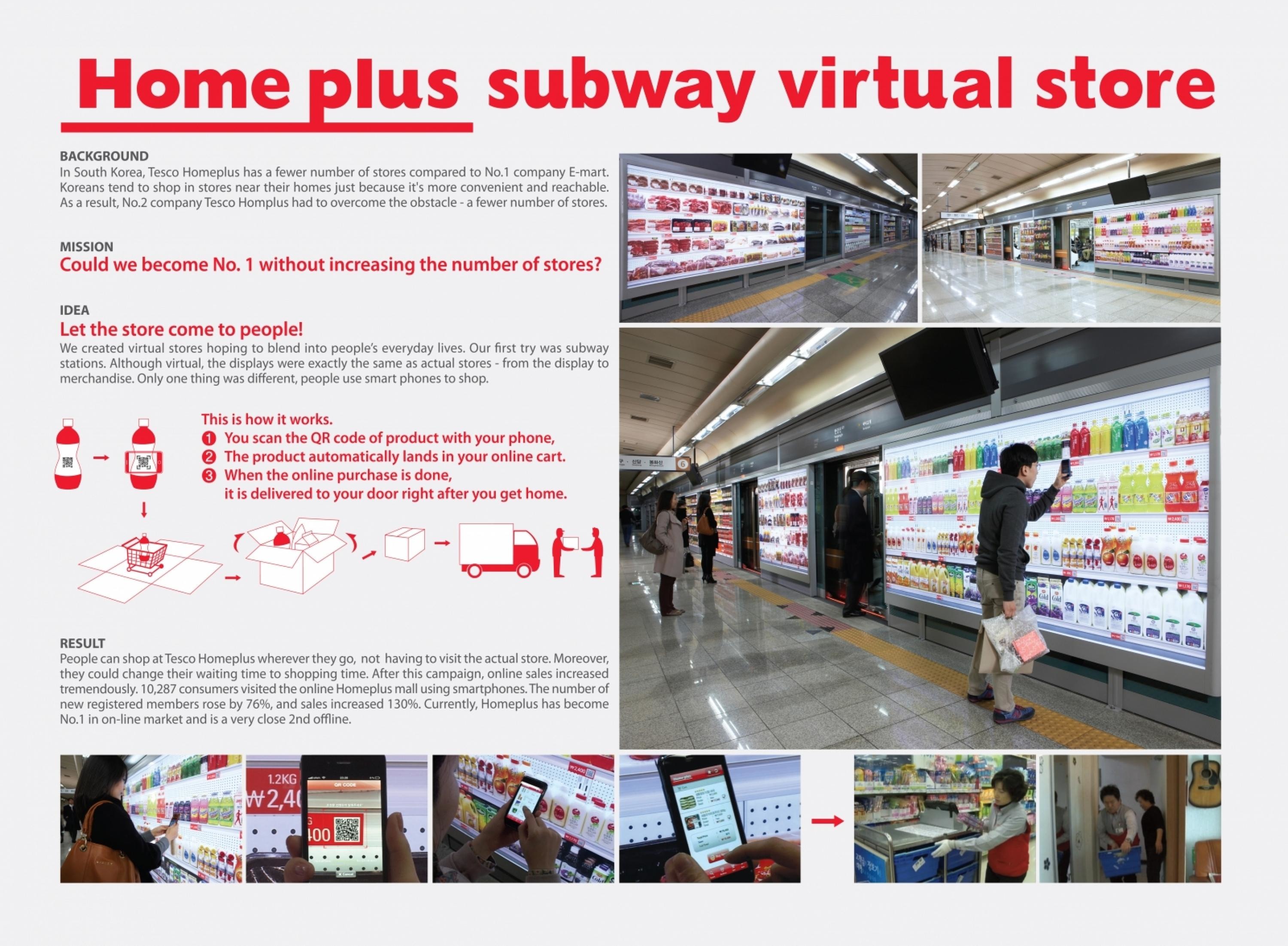Glass: The Lion For Change > Glass: The Lion for Change
KNOCK KNOCK
CHEIL WORLDWIDE, Seoul / KOREAN NATIONAL POLICE AGENCY / 2023
Awards:
Overview
Credits
Overview
Why is this work relevant for Glass: The Lion for Change?
The ‘Knock Knock’ campaign was born from the insight that the low reporting rate of domestic violence cases was not due to victims unwilling, but more often unable to report.
The campaign specifically targets victims of domestic violence that are unable to speak to the police because they are in the same space as their abuser.
The direct response of the caller and their engagement is a key component of this campaign.
Background
In the past 8 years, domestic violence in South Korea has increased by 718%. But only 2% are reported to the police. The reason behind this is that victims are unable to speak because they are in the same space as their abuser. So how can the police help a victim that cannot talk?
Describe the cultural / social / political climate around gender representation and the significance of the work within this context
During the pandemic, reports on domestic violence had increased worldwide, but in Korea, they had decreased. Data shows that over 80% of victims of domestic violence are female, and expert analysis concluded that these female victims were simply not able to report their abuse due to being in the same small space as their abuser.
In an environment making it much harder to report on abuse, ‘Knock Knock’ is a sustainable solution that solves the problem through enabling the predominantly female victims to call for help without words, helping them regain control of a situation they should’ve never been in.
Describe the creative idea
Inspired by Morse code, we created a solution to allow victims in danger to alert the police without saying a word. After dialing 112, they simply tap any number twice, and a link is sent to them. That allows the police to monitor the situation through the caller’s camera, track their location without an LBS request, and
secretly chat with them through an app disguised as a Google search page so that the perpetrator won’t notice. And the police can take immediate and precise action.
*112 is a South Korean emergency number, similar to 911
Describe the strategy
This new way of alerting the police was made known to the public through beauty channels, nail and hair salons, and other places frequented by women.
Furthermore, ‘Knock Knock’ also became a solution for the disadvantaged. For example, a deaf person in an emergency cannot simply make a phone call to the police, but with ‘Knock Knock’, they are able to protect themselves. Korean deaf actress So Byul Lee became an endorser of the campaign.
Describe the execution
This new type of emergency call was introduced to 4,800 police call handlers nationwide. The campaign was introduced on the Korean government’s YouTube channel and their official blog, and widely publicized through OOH media at police stations and government offices nationwide.
After the campaign was launched, 5,749 links were sent to callers in emergency situations and ‘Knock Knock’ formally became an official emergency call in South Korea
Describe the results / impact
- 4,800 Police call handlers : Trained to respond to 'Knock Knock'
- 5,749 Times : A link was sent to callers in emergency situations
- Official acknowledgement : As a 112 emergency call in Korea
- Extensive media coverage : Featured in all major news channels nationwide
- 237M : Impression
"Press any number twice as if sending a Morse code" / Branding in ASIA
"Campaign to help those cornered in silence" / The Korea Times
"An inclusive police emergency call solution" / CAMPAIGNBRIEF ASIA
Is there any cultural context that would help the jury understand how this work was perceived by people in the country where it ran?
The ‘Knock Knock’ campaign is an idea that leverages the smartphone - a device that almost every Korean owns - as a medium to be used for calling the police for help in an emergency situation.
The caller’s phone camera becomes a media channel that transmits live video footage of the scene, and the caller can secretly chat with the police through an app disguised as a Google search page without the abuser noticing.
Media strategy was also applied to promote the campaign. ‘Knock Knock’ was introduced through YouTube beauty influencers, nail and hair salons and other places mainly frequented by out female target audience.
More Entries from Glass in Glass: The Lion For Change
24 items
More Entries from CHEIL WORLDWIDE
24 items


















